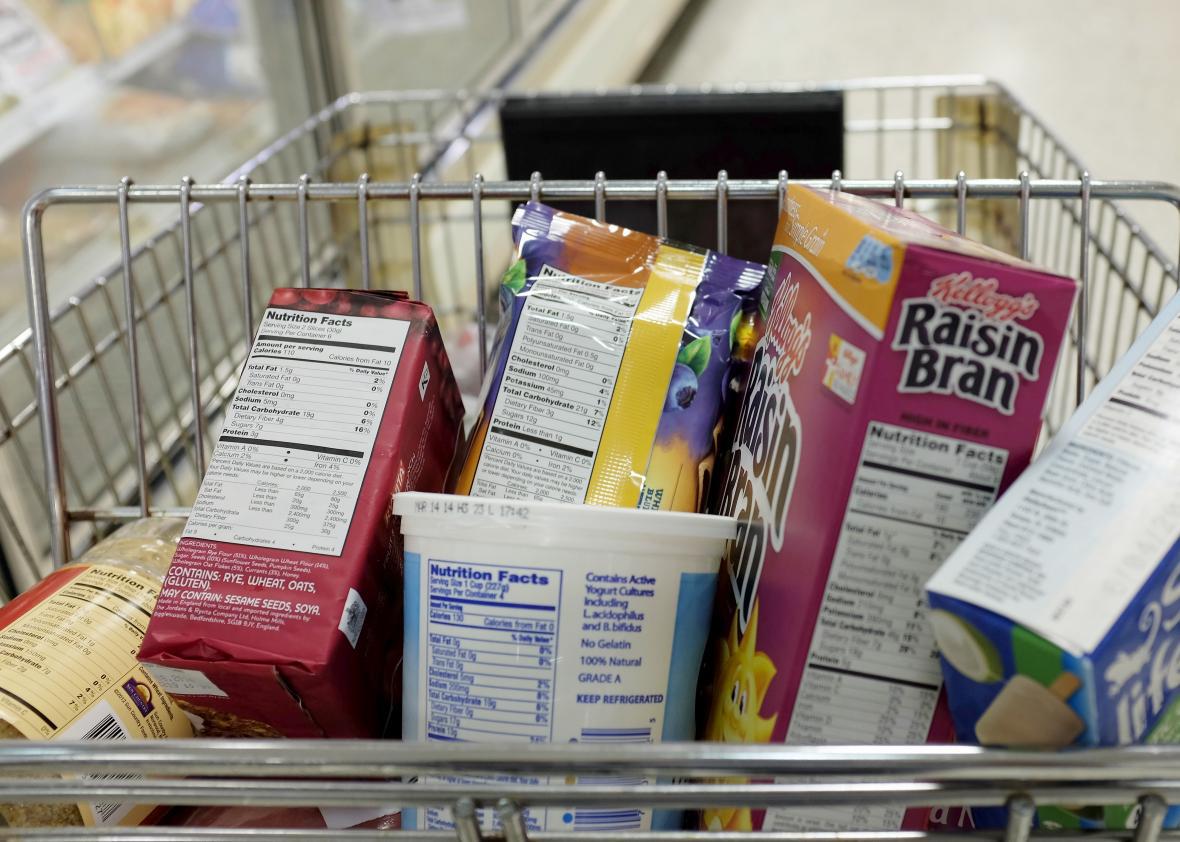This post originally appeared on Inc.
Inc.’s 11th annual 30 Under 30 list features the young founders taking on some of the world’s biggest challenges. Here, meet NuLabel.
“We didn’t wake up in a cold sweat thinking about labels,” quips Max Winograd when asked how he and two Brown University classmates, Ben Lux and Mike Woods, decided to start NuLabel. The three were working on a capstone project for an entrepreneurship class in 2009 and were paired with an adjunct professor who had come from a label-printing company. “He told us that almost every major customer of theirs would throw half of every label away,” recalls Winograd. “For every million shipping labels, you’re throwing away 2,300 pounds of backing paper.” It seemed like a problem worth solving.
Seven years later, NuLabel has technology that helps food and beverage brands reduce packaging costs, waste, and downtime. The company has done it by inventing a fluid-activated adhesive that’s applied to label papers, but remains completely dry to the touch until it’s activated by a water-based, glue-free spray. The end result: no sticky label backing to gum up labeling machinery, and the complete elimination of backing paper. The environmental impact is potentially huge–just think about all of those FedEx, UPS, and Amazon packages that require labeling. There are also significant cost savings involved, since, says Winograd, “the paper backing is half the cost of the label.”
It was Lux who came up with the idea. Working on his PhD in polymer chemistry at Brown, he had been developing activation coatings for drugs, which would enable a pill to behave differently depending on the bodily fluid that it comes into contact with. He thought the same concept might be applied to labels. The partners–all of whom earned As on their capstone project–won a spot in Providence’s Betaspring accelerator program, allowing them to develop their idea, and they were off and running. Lux ultimately left the PhD program to become CTO of NuLabel.
The company’s potential customer base is anyone who is “putting a lot of labels on bottles, or products, or containers,” says Winograd. But initially, NuLabel focused on the craft brewing industry because the sector was growing rapidly and open to innovative ideas, he adds. The company developed “a retrofittable labeling equipment solution” and labeled millions of bottles of beer during field trials at several brewers, including Bell’s Brewery and Long Trail. In the process, it attracted the attention of the largest OEM of labeling equipment in the U.S. The manufacturer, which Winograd cannot name, invested in NuLabel, and the two companies are developing new equipment for bottle labeling that will integrate NuLabel’s technology.
Another strategic partner, Weber Packaging, a family-owned label-equipment maker in Arlington Heights, Illinois, is working with NuLabel on creating a “a whole new machine,” says Weber CEO Scott Morris. “We’ve invested heavily in the project,” which will open doors to new customers “because the savings are hard to deny.” A prototype will be on the market this year. NuLabel expects the new machines to label more than 43 billion packages through 2025, eliminating 100.6 million pounds of liner waste. Morris says the partnership has been instructive for both companies. “We’ve been coaching and mentoring each other,” says Morris. “We’ve had to keep them focused, but they’ve shaken the dust off of some of us.”
With $22 million in funding from angels, venture capitalists, and strategic partners, 12 patents to protect the company’s proprietary technology, and a half dozen licensing deals, Winograd, Lux, and Woods may be poised to disrupt a very traditional industry. But it hasn’t always been smooth sailing. “The hardest challenge is always bouncing back from setbacks,” says Winograd. He recalls that in the company’s early days, a big potential investor backed out at the last minute. “It was a punch in the gut,” he recalls. “You have to be able to look your team in the eye and have them believe that all is not lost.”
Fortunately, says Winograd, the company had a hedge–other potential investors had not been told about the deal, so NuLabel was able to nail down an even better term sheet a few months later. “It’s all in the rebound,” he explains. “You need a hedge against everything to try to minimize the opportunity for a single point of failure.”
See also: Silicon Valley’s Problem, and Why Music Startups Have to Die
